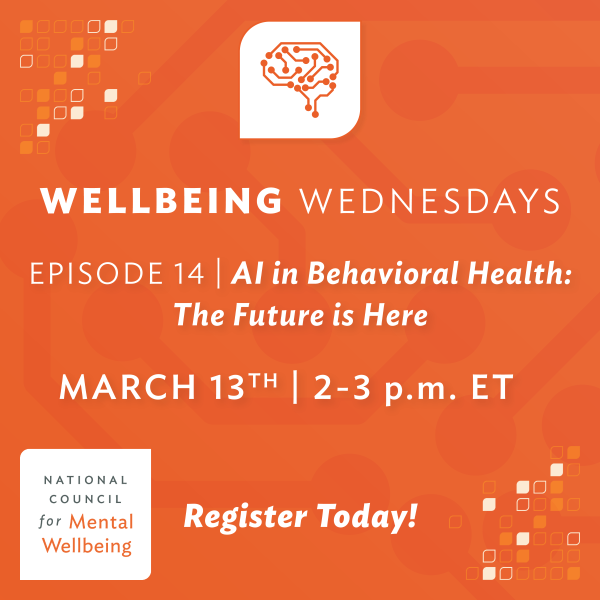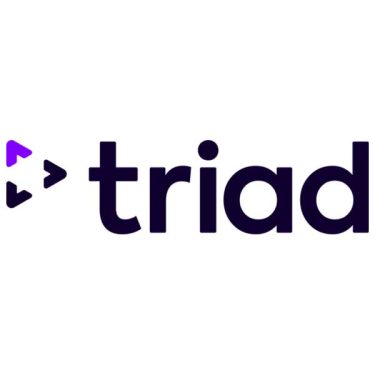I remember touring the high school I hoped to attend and hearing the principal talk about the fact that the school would be opening a computer lab students would have access to. Sounds cool, right? But the reality was not as fun – we had to learn to write code in Basic.
It was so boring and did not prove to be very helpful. What a bummer. I promise you that is not what we are talking about here!
If you have been paying attention, you may have noticed things are changing a lot right now in society and in health care with the rapid improvement of technology designed to help us humans make better decisions and save time.
What does that look like?
Artificial intelligence and augmented intelligence (AI) involve building smart machines from vast datasets, including the development of artificial intelligence systems. AI systems integrate previous knowledge and experiences to speed up and enhance the accuracy and efficiency of human efforts. AI may be relatively new, but it already is having a dramatic impact on the delivery of care for some National Council for Mental Wellbeing members by supplementing and supporting the work of employees.
Over the past year or so, I’ve been fascinated to read about AI applications. I’m constantly amazed by the ingenuity of people and organizations finding new ways to apply AI in their work. It’s obvious that AI has the potential to improve both patient care and the organizations providing that treatment and care.
So, I decided to do my own research into this issue. A few days ago, I sat down with three National Council members — Gaudenzia, Trilogy Inc. and Aurora Mental Health & Recovery — to discuss AI and how it’s supporting workers and operations. What resulted was one of the most interesting conversations about the future of treatment and care that I’ve ever had.
Even for someone who’s not a techie, I found the discussion compelling and relatable. I learned what organizations are doing today to leverage AI, like using it for:
- Note taking/transcription.
- Analyzing historical data within health records to search for patterns and guide treatment and care.
- Automating standard business processes.
That’s the tip of the iceberg. Studies on the use of AI have found a high level of accuracy in predicting suicidal thoughts as well as significant mental health issues, according to a recent article. A separate study by Vanderbilt University found that, with access to medical records, demographics and admissions information, AI had an 80% accuracy rate in predicting whether an individual would die by suicide.
Increasing demand for mental health and substance use treatment and care coupled with a workforce shortage make AI an attractive support for organizations that deliver care. “The learning curve was not significant,” said Cally Cripps, vice president of information technology and analytics at Aurora Mental Health & Recovery.
But the benefits were, said Darren Dunham, team leader at Trilogy Inc.: “We’ve seen lower stress among employees, better morale and lower attrition as a result of using AI.”
Efforts are underway to help guide the use of AI in health care. One group has developed a set of best practices, and they urge organizations to ensure that:
- AI systems improve patient health or experience, reduce costs and/or increase efficiency of care delivery.
- For now, AI should support clinicians, not replace them.
- Health systems should seek to include representative patient information in the data undergirding AI systems, while also ensuring patient privacy and data security.
Are you using artificial intelligence or augmented intelligence at your organization? Let me know how you’re using it and how other organizations that provide mental health and substance use treatment and care might benefit from its use.
And please be sure to register to attend Wellbeing Wednesday, our virtual forum on issues important to the field of mental health and substance use, on March 13 for a fantastic discussion on AI in Behavioral Health. Hear what National Council members had to say about AI applications within their organizations, how it helps the delivery of care and what it means for staff.




